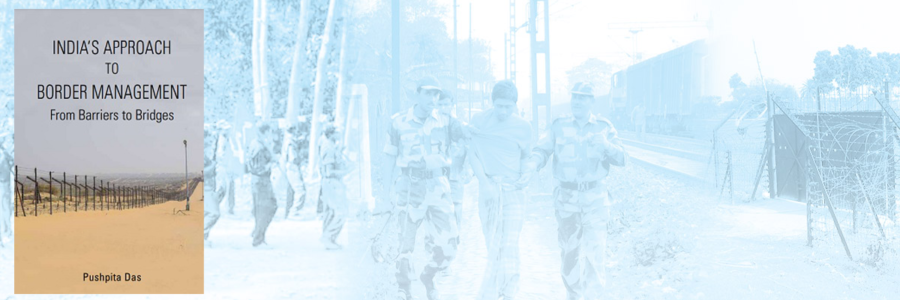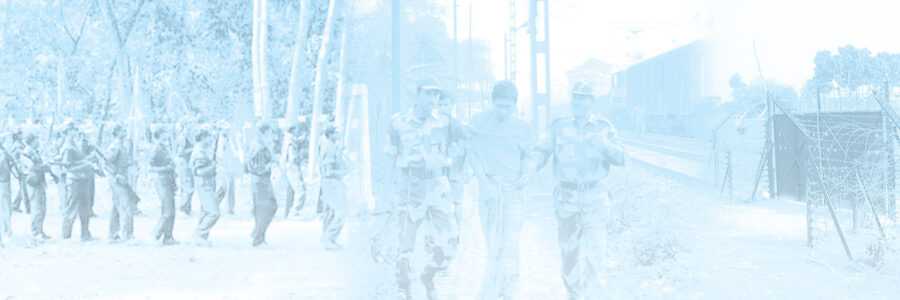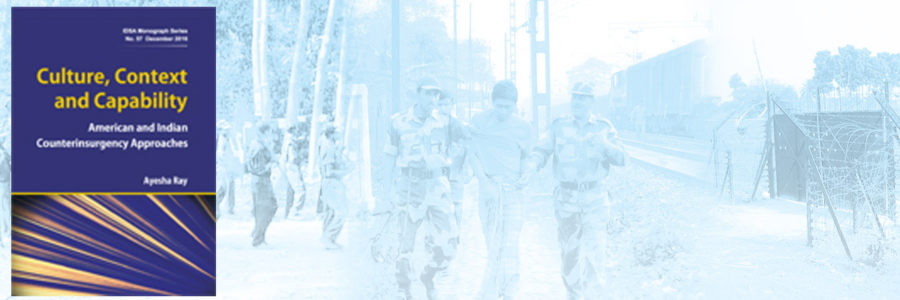Border Standoff: Understanding Chinese Motives
The response from the Indian side during the recent border incident was much more robust. However, it is important to examine the likely motives that drive the Chinese to raise the ante before the high-level visits to India.
- Rumel Dahiya
- September 29, 2014















